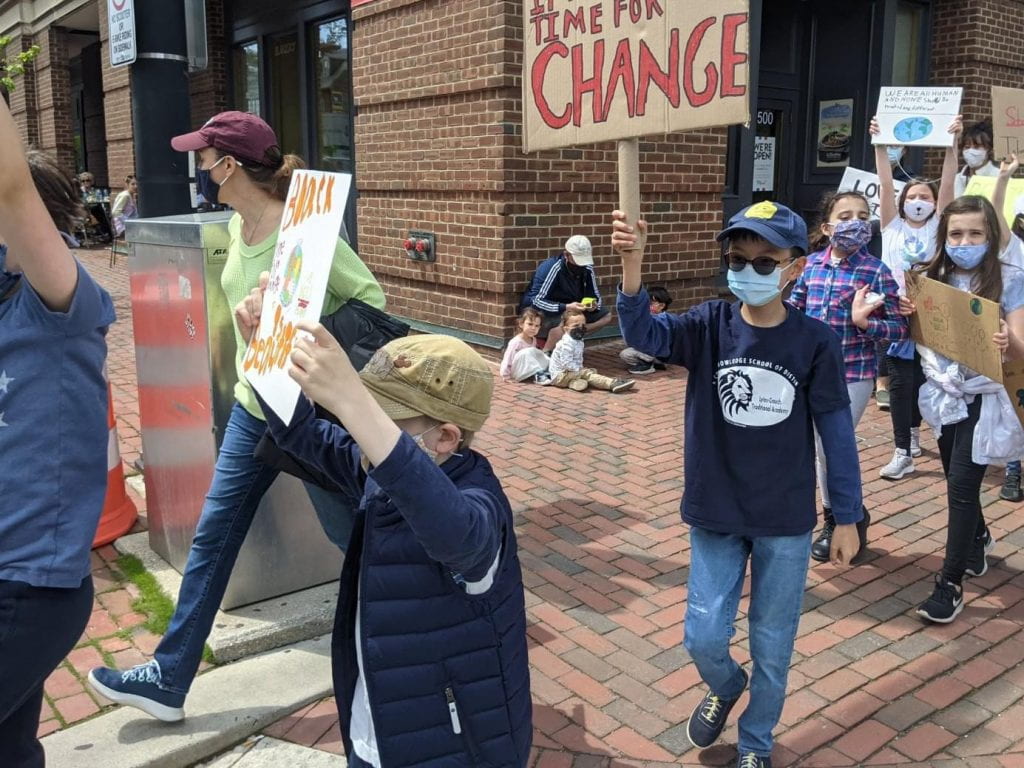Responding to Racism
What is “the School to Prison Pipeline”?
by Kebron & Jenny
LCTA Changemakers supports the ACLU’s (American Civil Liberties Union) commitment to end “school-to-prison pipeline.” What is the “school to prison pipeline?” That’s a good question. It’s a trend where low-performing children or children with behavior problems are “funneled out of public schools and into the juvenile and criminal justice systems.” These aren’t bad kids, many of them are just poor, have learning disabilities, are neglected or abused and just need help, not to be punished or pushed out of their school and sent to jail!
“Zero-tolerance” policies turn children into criminals for breaking school rules. Schools who use these policies automatically punish children for breaking a school rule, regardless of circumstances. Black and brown students are usually the ones who suffer the most due to these policies pushing them into the “pipeline” and into the juvenile justice system. Black students are suspended and expelled at a rate three times greater than White students, while Black and Latino students account for 70 percent of police referrals.
According to an article, “The School to Prison Pipeline: Time to Shut it Down” published by the NEA (National Education Association), “in 2010, more than 3 million students were suspended from school, or double the level of suspensions in the 1970s. Meanwhile, more than a quarter-million were “referred” to police officers for misdemeanor tickets, very often for offenses that once would have elicited a stern talking-to.” As a result, the U.S. Department of Justice ordered school districts to respond to student misbehavior in “fair, non-discriminatory, and effective” ways. Alexandria City Public Schools does not use “Zero-tolerance” policies, but some of the practices still exist, mainly due to the implicit bias against black and brown students within the school community.
Student Voices of BIAS At LCTA Students
Have you ever?
In response to the LCTA Survey, some students had more to say about how they’ve experienced discrimination at Lyles-Crouch and in Alexandria:
By Emily and Jenny
Tiara – “No one in [Lyles-Crouch] ever treats me badly because of the program ROARS*. On TV I see a lot of black people who are getting mistreated. I want to go out and protest but it’s really not safe. I think that when protesting it shouldn’t be an option to get hurt. No one should be getting hurt in this. But it’s not just whites. I mean like it’s always about race. I feel like these negative things are affecting many black people and jobs! This is why so many black people are in jail for stealing because they can’t afford a good life, education, home, even food. Then other people mistreat them saying that they are criminals when it’s not always their fault. So I think that black people should be treated better and everyone needs to follow ROARS.
*ROARS is a Positive Behavior Intervention System (PBIS) program focusing on Respect, Ownership, Attitude, Responsibility, and Safety at school.
Star – An experience I experienced was just in kindergarten, it’s such a young age to already just face racism. I vividly remember being told that I was too dark to be a character by a girl around my age. I really want to make a change so no other 5 year old African American girl has to go through something like that. There are definitely some that have it harder than me. Thank you so much for wanting to tell my story, it means the world to me.
Gregory – At my old school there were some people in my class who were bullying me. It was super annoying and I tried to tell teachers but no one listened. So I had to try to just ignore them.
